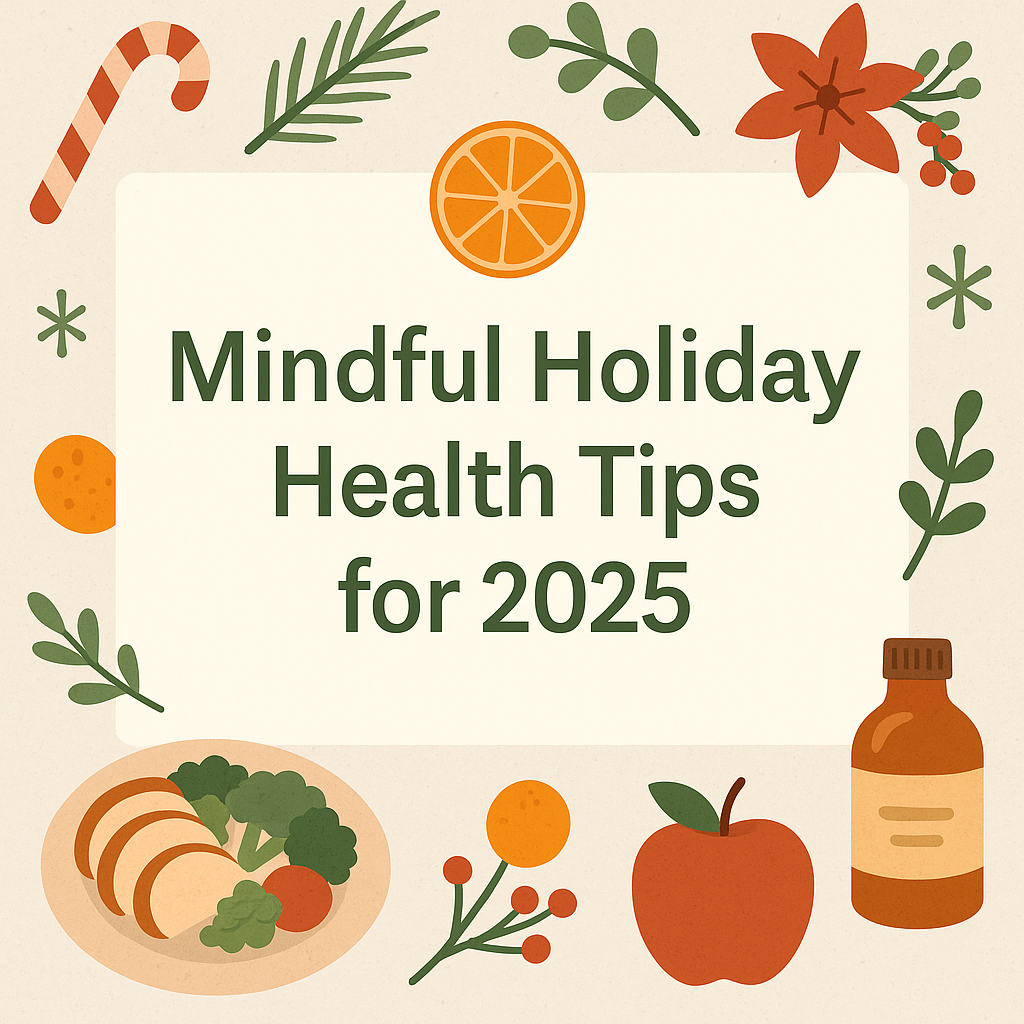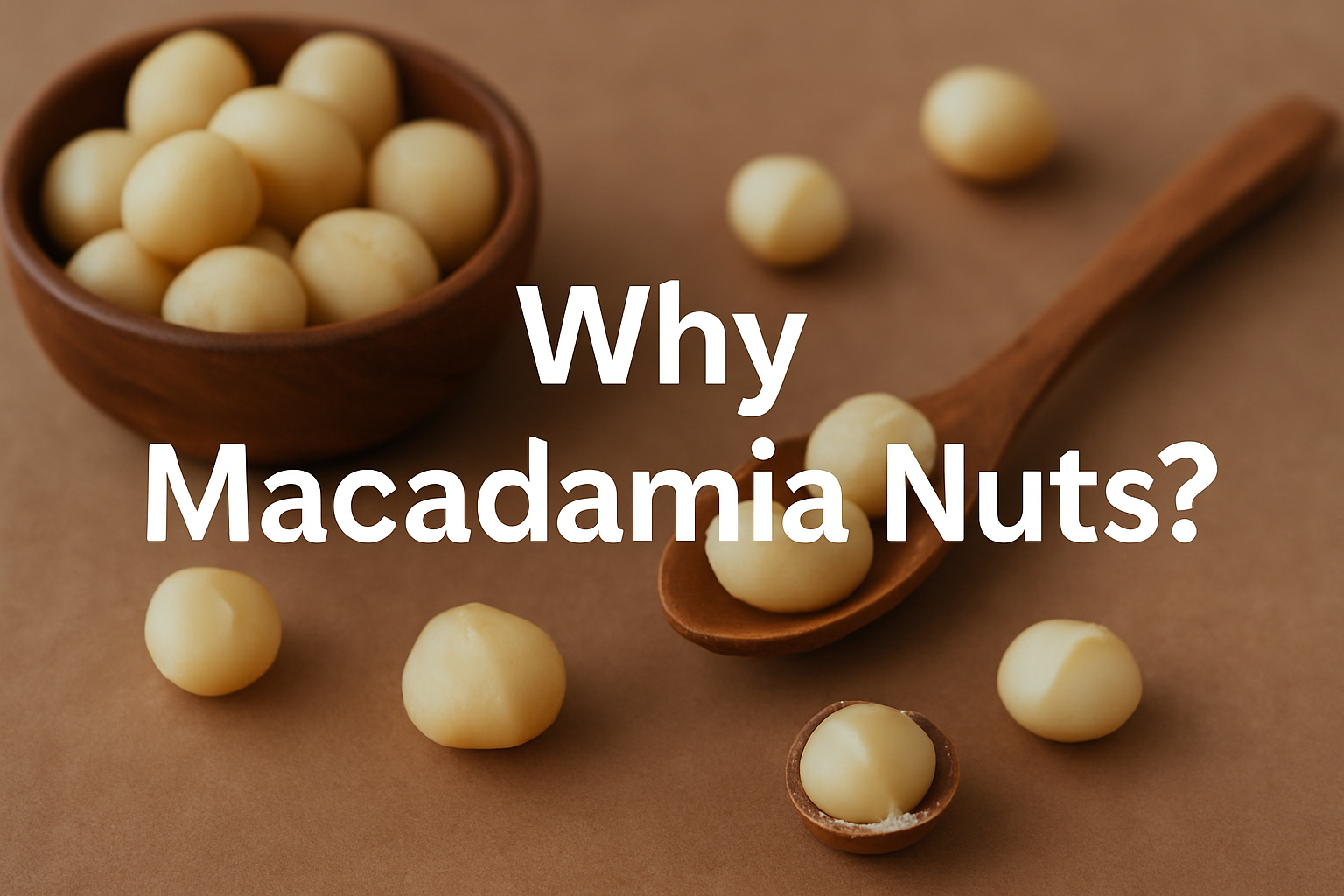A Holiday Gift for a Stress-Free Season
By Nancy A. Palermo, MD As we move from Thanksgiving to the New Year, our calendars fill quickly with events, travel, and endless to-do lists. In the rush to make the holidays special for everyone else, we often neglect our own health and well-being. Before long, disrupted sleep, skipped workouts, and poor eating habits start to take their toll, leaving us frazzled, fatigued, and feeling more like the Grinch than Santa’s helper. The truth is, stress has become as much a holiday tradition as mistletoe and eggnog. But it doesn’t have to be. With mindful choices and a few simple habits, you can give yourself the ultimate gift this season: peace of mind and a healthy body. Rethink Your Holiday Mindset The first step toward a calmer holiday season is reframing...











